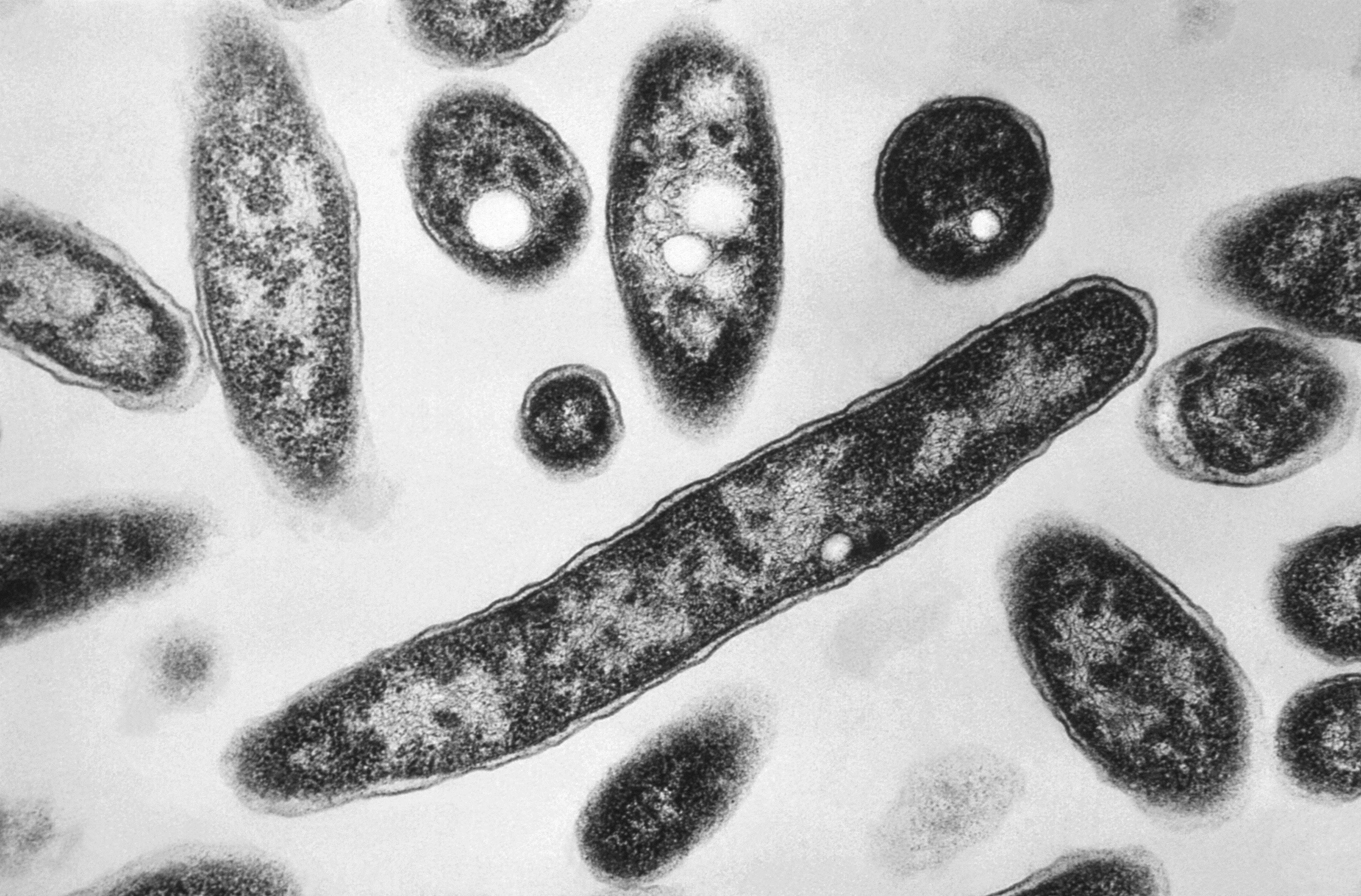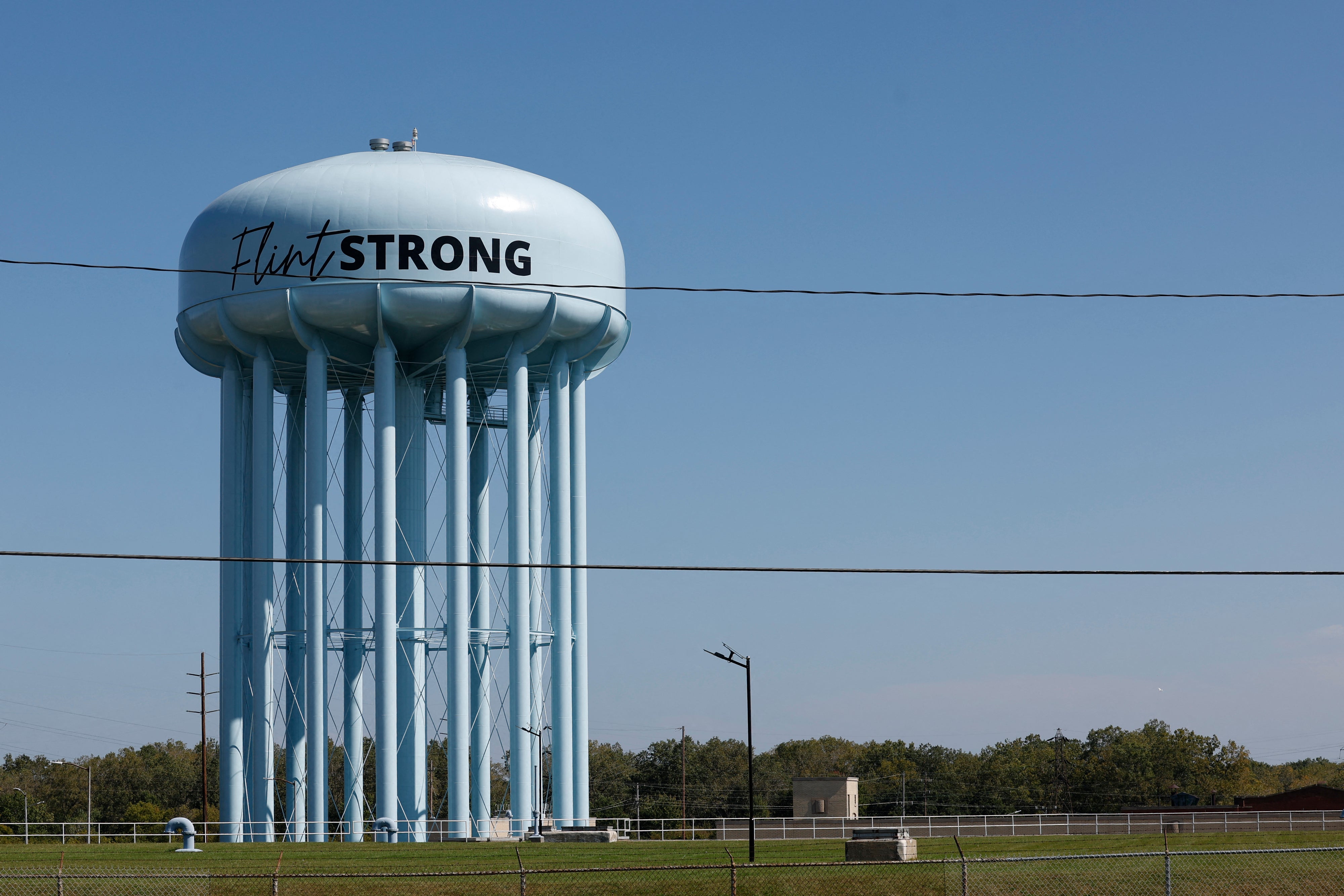One dead and 22 sick from Legionnaires’ cluster in New York, health officials say

One person is dead, and over 20 others have fallen ill after a new Legionnaires’ outbreak in New York City, health officials say.
The disease – a type of severe pneumonia that grows in warm water – was first detected last week in Harlem, the New York City Health Department said on Wednesday.
Legionnaires is contracted by breathing in mist containing Legionella bacteria, which come from freshwater environments, like lakes and streams.
The potentially fatal disease causes lung failure. It causes death in 1 of every 10 cases.
About 1 out of every 10 people who fall ill with the disease will die due to complications from their illness. Legionnaires is proven to be more dangerous to those who contract it during a hospital stay, according to the Centers for Disease Control and Prevention.
Symptoms can strike anywhere from 2 to 14 days after a person has been exposed to the bacteria.
Patients can expect typical pneumonia-like symptoms, including a cough, fever, headaches, muscle aches, and shortness of breath. In some cases, infected people can also experience confusion, diarrhea, or nausea.
Cooling towers – large heat exchangers in industrial areas – operating in the impacted zone have been sampled, and the health department has informed owners of the buildings where positive results were found to initiate remediation within a day.

Anyone who was in the impacted area since late July and has experienced flu-like symptoms should seek medical attention immediately, said the health department.
“It is especially important for people at higher risk – including those ages 50 and older, cigarette smokers, and people with chronic lung disease or compromised immune systems – to get care if they have symptoms,” NYC officials said.
Legionnaires cannot be spread from person to person. The disease grows in conditions such as cooling towers, whirlpool spas, hot tubs, humidifiers, hot water tanks, and condensers of large air-conditioning systems.
It can even be found in the windshield wiper fluid tank of a vehicle, according to the CDC.
Health officials say that cases from the disease cluster have been found in five Harlem ZIP codes: 10027, 10030, 10035, 10037, and 10039, along with the bordering communities.
No details were available for the patient who died.
Infected persons can treat the disease with antibiotics, and in most cases, it can be treated successfully. The earlier it is detected, the more likely people are to recover.

To prevent bacterial growth, people should use, clean, maintain, and store devices that use water according to the manufacturer’s recommendations.
This involves regularly cleaning devices such as portable humidifiers, CPAP machines, Neti pots or nasal rinses, shower heads, faucet aerators, and water filters to remove germs, dirt, and other debris.
Legionella bacteria were first discovered following a pneumonia outbreak at the 58th Annual Convention of the American Legion in Philadelphia in 1976. A total of 29 of the affected 182 persons died after the bacteria were aerosolized from the water in the air conditioning system and inhaled by the convention goers.
Affected patients developed symptoms ranging from a flu-like illness to multisystem organ failure, according to the National Library of Medicine.
The most infamous outbreak of recent years occurred between 2014 and 2015, when 12 people died and 90 became sick from Legionnaires’ disease after the City of Flint in Michigan switched its public water source from Lake Huron to the Flint River, reported The Detroit Free Press.
